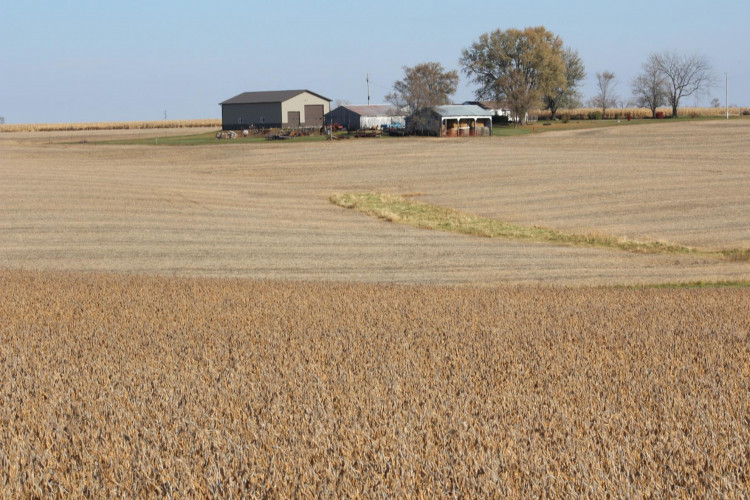In a bid to ensure his re-election in 2020, president Donald Trump on Monday reinstated steel and aluminum tariffs on Brazil and Argentina in an effort to win over angry American farmers. Trump claimed his main reason for restoring the tariffs was the massive devaluation of these countries' currencies, the Brazil real and the Argentine peso.
"Brazil and Argentina have been presiding over a massive devaluation of their currencies. which is not good for our farmers," tweeted Trump. "Therefore, effective immediately, I will restore the Tariffs on all Steel & Aluminum that is shipped into the U.S. from those countries."
Analysts noted Trump's sudden and quite unexpected move is, in reality, a retaliation against two countries that have replaced the United States as the top suppliers of soybeans to China. Trump drove American farmers to ruin with his unwise decision to launch a trade war against China on June 15, 2018. On this day, Trump declared the U.S. would impose a 25% tariff on $50 billion of Chinese exports. China retaliated by severely curtailing its purchases of U.S. soybeans and other agricultural products.
China was once the top buyer of U.S. soybeans and was also the biggest buyer of many other U.S. agricultural products, such as grain sorghum, cotton and cattle hides. Soybean exports to China fell 75% from 2017 to 2018 as a result of Trump's trade war against China.
Brazil is the second biggest soybean producer in the world. It's become China's largest soybeans supplier since China imposed retaliatory tariffs on U.S. agriculture. Argentina recently made a deal with China that will allow it to import soymeal in 2020. Both countries have taken away money and market share away from American farmers, a key constituency Trump will need to win re-election in 2020. U.S. farmers voted overwhelmingly for Trump in 2016.
Brazil and Argentina were exempted from 25% steel and 10% aluminum tariffs imposed in 2018 when Trump tried to avoid a trade war with these countries. The United States has bought more steel from Brazil than any other country besides Canada during the first nine months of this year. Brazilian steel comprises nearly 11% of all steel exports to the U.S., according to data from the United States Census Bureau. The U.S. relies on Argentina for less than 1% of steel imports.
Brazilian president Jair Bolsonaro seems unworried by Trump's tariffs.
"Their economy does not compare to ours, it is 10 times bigger than ours. I don't see this as retaliation, I'm going to speak to him to see if (Trump) doesn't over penalize us," said Bolsonaro. "I'm certain he will be open to the conversation."






